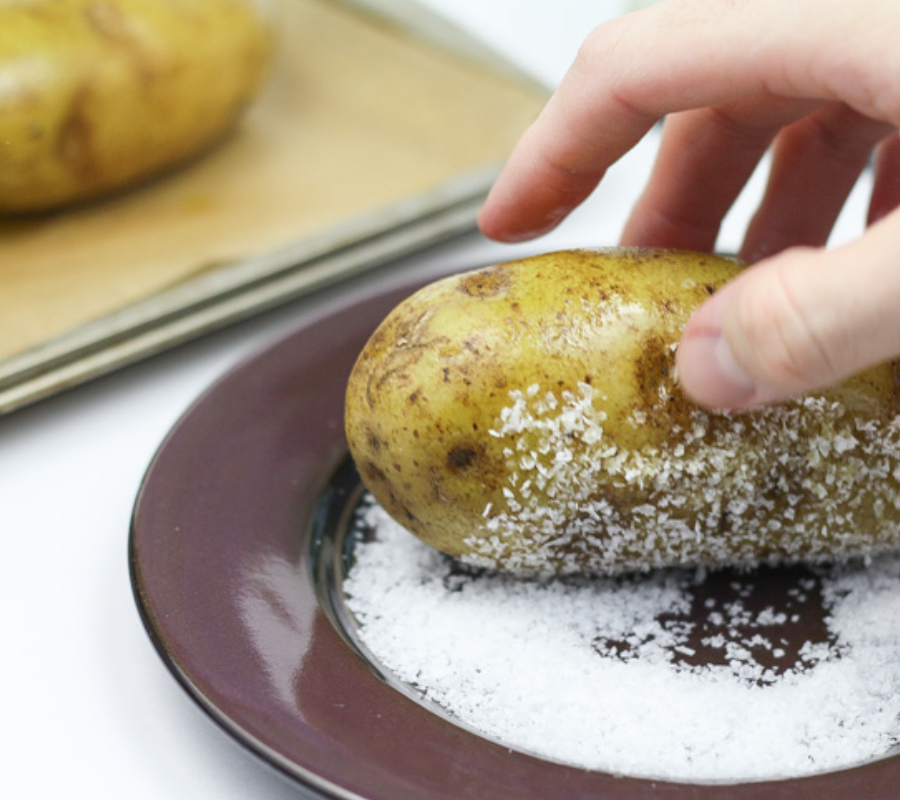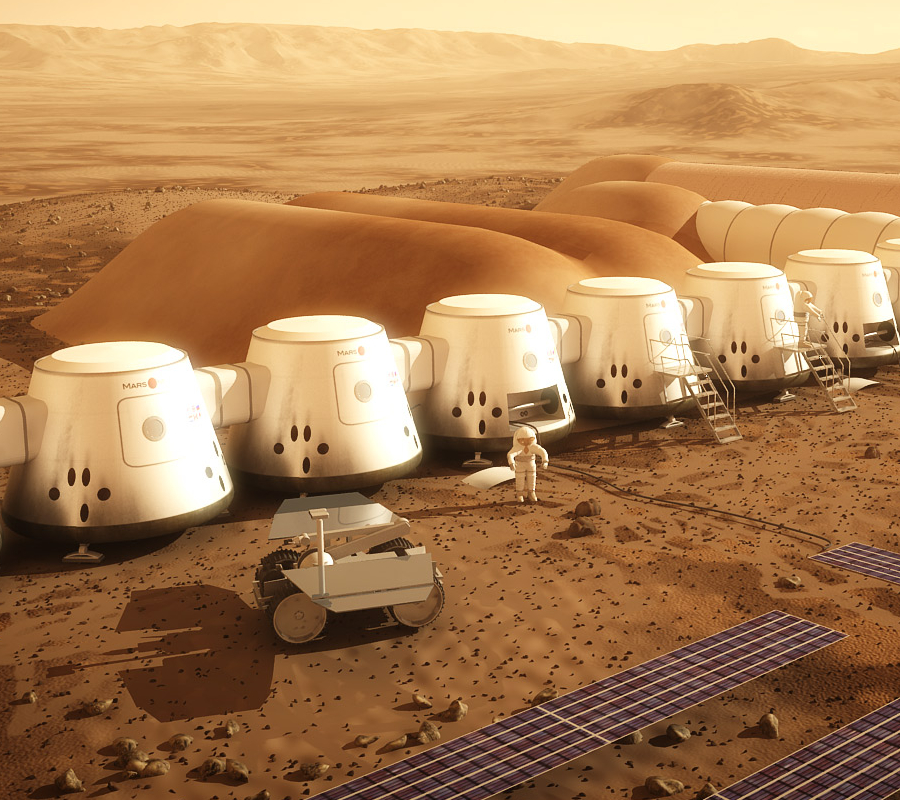A group of researchers carried out a simulation of a mission to Mars and found that astronauts who consumed large quantities of salt retained more water than astronauts who didn’t consume more salt.
The study was published April 17 in the Journal of Clinical Investigation and showed that astronauts eating salty foods weren’t as thirsty as their colleagues who didn’t consume salt. Scientists believe that the Mars scenario sets the perfect example, as astronauts who travel to space on long journeys need to know in advance how much water they’re going to need.

Researchers found that ‘astronauts’ who ate more salt were hungrier, not thirstier
To conduct the study, researchers took two groups of ten male volunteers, who endured two simulated flights to Mars inside a mock spaceship. The first group stayed for 105 days, and the second group’s journey lasted over 205 days. Volunteers were given almost the same food, but the food contained different levels of salt over several weeks.
When they ate more salt, they urinated more, which didn’t come as a surprise for scientists. The researchers believe that salt grabbed water in the human body and dragged it into urine, resulting in feelings of dehydration and thirst in the process. However, they found that the “astronauts” urinated more not as a result of drinking more water, but because of the extra salt activates a mechanism to conserve water in the kidneys.

The team took their findings and applied them to a mouse study that found the process of preserving water in the kidneys takes a lot of energy and makes you hungrier. These results, aligned with the simulation flights’ results that proved astronauts on a salty diet complained that they were hungry, concluded that a salty diet makes you more hungry, not thirstier. They believe that most people confuse hunger for thirst, so the results aren’t far from reality.
High-salt diets aren’t as bad as once thought
Scientists add that results don’t mean people should eat enormous quantities of salt. However, sodium-rich foods aren’t necessarily bad for people. According to Men’s Health, a 2014 study found that too little sodium in your diet can lead to adverse health effects, such as the rise in heart rates and diabetes. Researchers of that study recommended between 2,645 and 4,945 milligrams of salt per day, as opposed to the American Heart Association’s limit of 1,500 milligrams per day.
Other studies have found that too much salt can lead to feeling less full if you’re consuming it, which leads to people consuming more calories. The new study says that while salt intake doesn’t make you thirsty, salt-driven changes in energy metabolism may link high salt diets with several health adverse problems like diabetes, osteoporosis, and increased cardiovascular and neurovascular disease risk.
Source: Men’s Health
